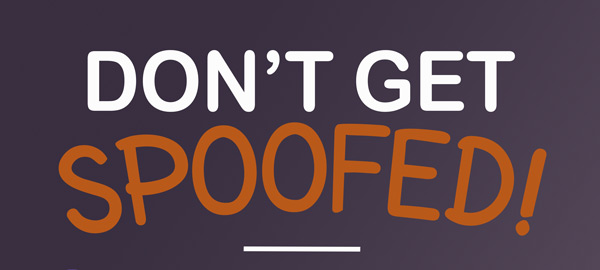
The Consumer Call Protection Act by Senator Hueso aims to stop caller ID spoofing
October 4, 2019 - Sacramento, CA. - There is good news out of Sacramento for Californians experiencing record numbers of illegal robocalls. Governor Gavin Newsom has signed into law the Consumer Call Protection Act of 2019 (Senate Bill No. 208) by Senator Ben Hueso (D-San Diego). The law sets a deadline of January 1, 2021 for telecommunications providers to implement Caller ID authentication measures that can help identify illegal robocalls and prevent consumers from being scammed. The law also ensures that the California Public Utilities Commission (CPUC) can collaborate with the California Attorney General’s Office to support action against illegal robocallers.
“Fraud by robocallers is the number one consumer complaint in the country, and the volume of these calls has increased dramatically in recent years,” said Sen. Hueso, Chair of the Senate Energy, Utilities and Communications Committee. “The surge in illegal robocalls disproportionately impacts Californians, who receive the second highest number of robocalls in the nation. The State must take steps to ensure that its consumers can reliably answer their telephones without the fear of fraud.”
In 2017, Americans received over 30 billion robocalls, and experts estimate that between 30 and 40 percent of these calls were scams. The Federal Communications Commission (FCC) acknowledged that caller ID, or “neighbor”, spoofing is key to making robocall scams work. Neighbor spoofing occurs when a caller fakes a local phone number, tricking consumers into answering because they expect to speak with a local business, government office, family member, or friend. Instead, consumers usually receive a pre-recorded message attempting to scam the them. In addition to spoofing phone numbers that do not yet exist, scammers also spoof phone numbers of government agencies, utilities, and private individuals to conduct fraudulent activities.
A 2016 task force convened by the FCC suggested implementing a system that would ensure that callers are not spoofing numbers to circumvent caller identification systems. This system is known as the Secure Telephony Identity Revisited and Secure Handling of Asserted information using toKENs (STIR/SHAKEN) protocols. In addition to limiting spoofed calls, the implementation of these protocols can help identify numbers associated with illegal robocalling operations, enabling law enforcement to take action against these robocallers.
The Consumer Call Protection Act requires telecommunications providers to implement STIR/SHAKEN by January 1, 2021, and authorizes the CPUC to collaborate with the Office of the Attorney General and local law enforcement to support action against illegal robocallers.
Source: Senator Ben Hueso








